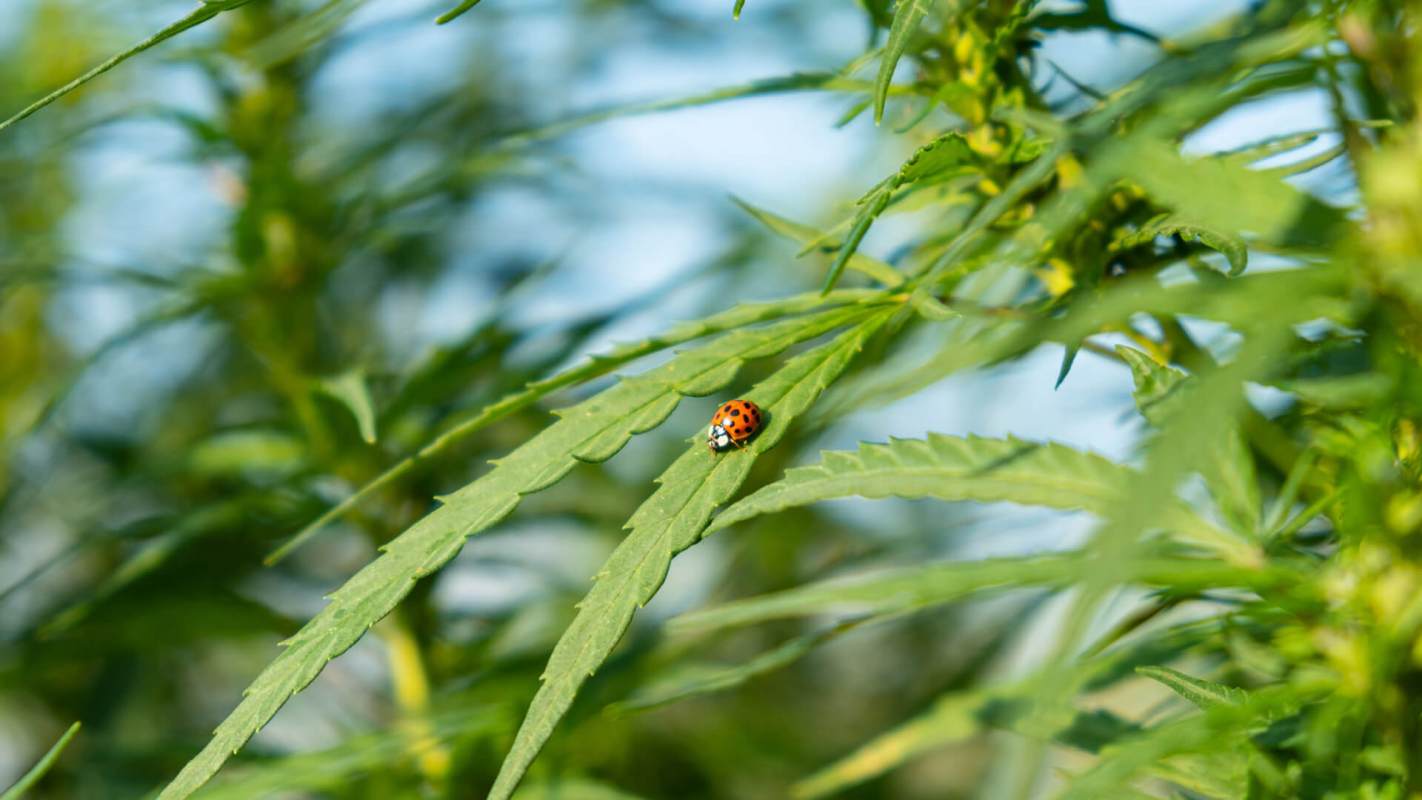As a substance, hemp is a jack of all trades and a master at making products more sustainable.
The plant fiber comes from the stems of the cannabis plant and is used in everything from building materials to clothing, food products, and even auto parts. And soon, we might be powering electric vehicles with it.
So-called "cannabis cars" have all kinds of benefits, and engineers are exploring the potential that hemp has to offer. Here's what to know about it.
Why use hemp to power EVs?
People often think hemp and marijuana are the same thing, since they both come from cannabis plants. But you can't get stoned from hemp, because it contains only a tiny fraction of THC that marijuana does.
Hemp is one of the most sustainable materials available to manufacturers because it's cheap to grow, uses little water, doesn't need any toxic pesticides, and can absorb more carbon than trees.
Hemp batteries have their own advantages, too. These batteries use lighter and more widely available materials like sulfur, boron, and hemp instead of the heavy metals used in traditional lithium-ion batteries.
Mining cobalt and nickel for EV batteries is an environmentally destructive practice because of toxic chemicals that seep into the soil and water of surrounding communities. These rare metals are also expensive to mine and will be subject to shortages in the future.
How do hemp EV batteries work?
Some EVs use a device called a supercapacitor, which stores energy through static electricity rather than a chemical reaction, like in conventional batteries. Supercapacitors can absorb and release power faster than traditional lithium-ion batteries, meaning they take only a few minutes to charge up.
In these batteries, a material called graphene is used to keep the battery from wearing out too quickly. But graphene is expensive and difficult to mass produce — and that's where hemp comes in.
To create these "cannabis cars," scientists use hemp bark — a waste product created by cannabis plants — and cooked it to make a substance that resembles graphene.
The technology is starting to spread. For example, a Texas-based company called Bemp Research has used this technique to create a lightweight lithium-sulfur battery made of boron, sulfur, and hemp. The hemp coating helps the battery components avoid wearing down over time.
What are the benefits of hemp batteries?
First of all, hemp lasts longer than graphene. It also stores more power and is easy to source, because it comes from one of the world's fastest-growing plants.
Son Nguyen, Bemp Research's founder, told EnergyTech that the company's lithium-sulfur battery can help solve shortages in the EV battery supply chain.
"Sulfur is very abundant. Boron is also relatively abundant, with the biggest boron mine being in California," Nguyen said. "Being an American company, our focus right now is to make batteries for American electric vehicles, and we do not see any supply chain problems. Bemp batteries are less reliant on rare earth metals from around the globe and thus will help U.S. national security."
Want more? Follow The Cool Down on Instagram and join our Weekly Newsletter for cool stories and easy tips that save you money, time, and our planet.








